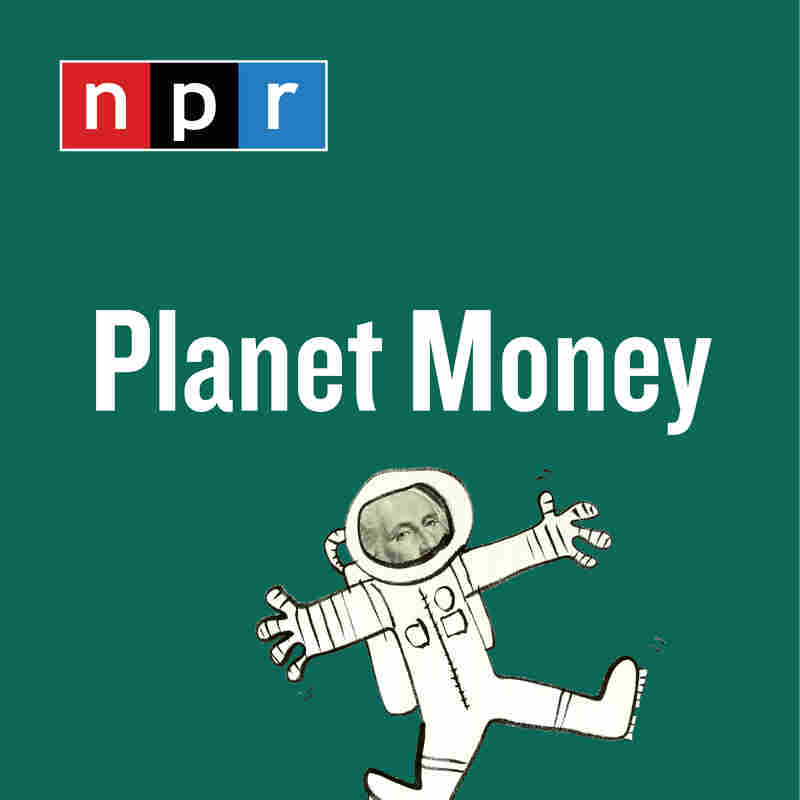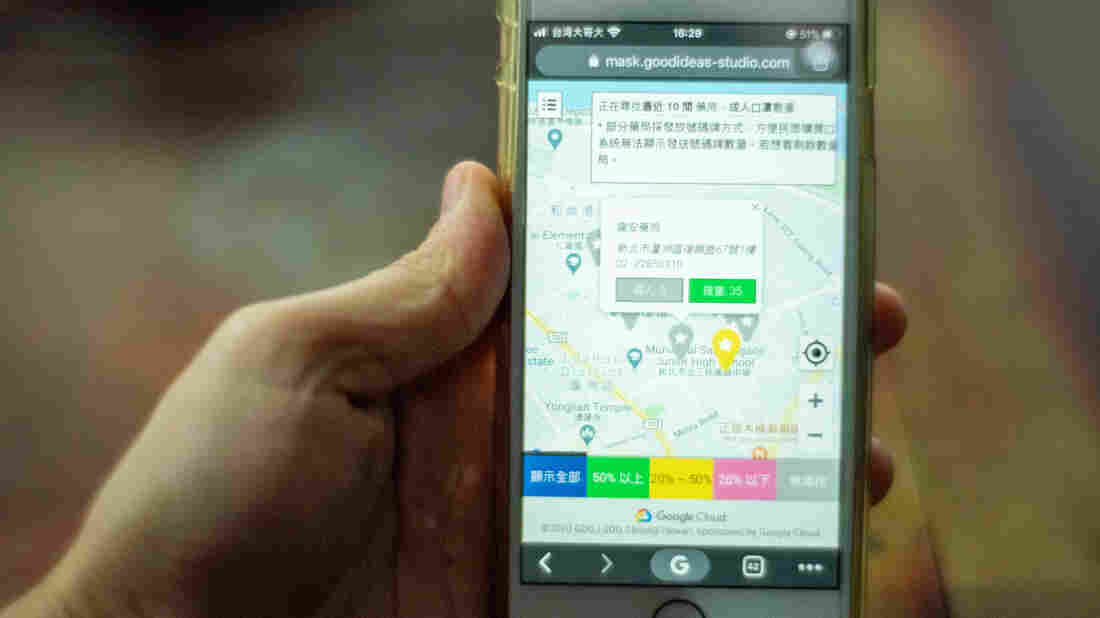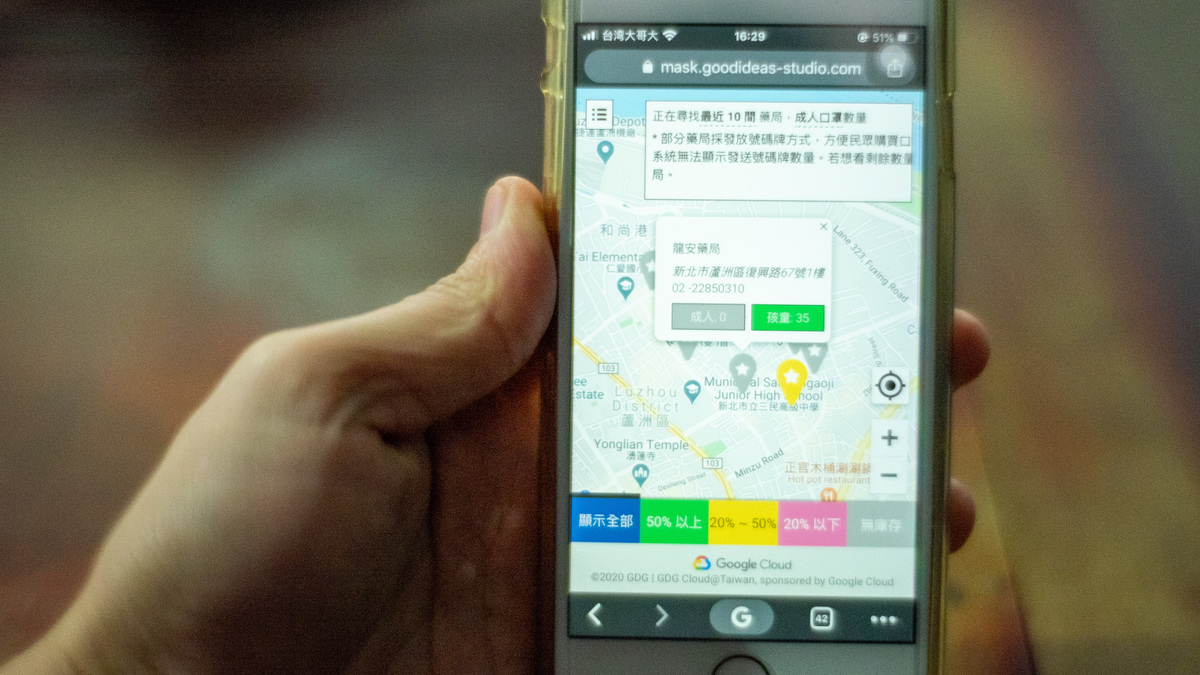
Fork The Government



As countries around the world struggle to handle the coronavirus pandemic, Taiwan stands out as a relative success story... so far. Since April, only one locally transmitted case has been reported. There have been only seven deaths — in the entire country.
There are a lot of reasons why Taiwan has been able to keep its infection and death rates so low. For one, it's an island. Also, it's dealt with a respiratory virus epidemic before.
But Taiwan has also been taking a relatively experimental approach to the pandemic with technology. Like working with civic hackers to code its way out of the pandemic. Today on the show, we dive into Taiwan's pandemic policies and ask: Would the U.S. ever take a similar approach?
Music: "Souvenir Dansant" and "Blonde Disco."
Find us: Twitter / Facebook / Instagram / TikTok
Subscribe to our show on Apple Podcasts, Pocket Casts and NPR One.
Does the part of your brain that loves to learn and laugh feel weirdly active when listening to Planet Money? This is not a hack. This is just us! For more of the same, support us.

